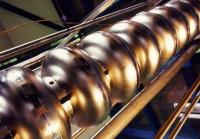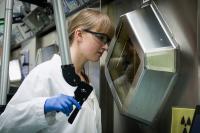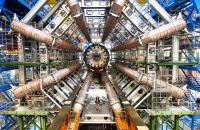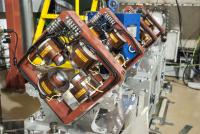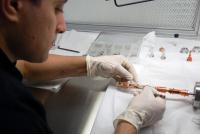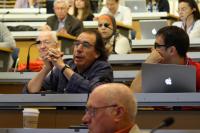| |||||||
Accelerator Science & Technology DivisionTRIUMF accelerators are the heart of the Canadian accelerator-based experimental subatomic physics program. Accelerator division is responsible for R&D and operation of TRIUMF's accelerators and target infrastructure for particle and rare isotope based experiments. | Life Sciences DivisionTRIUMF's cyclotrons produce critical isotopes used for medical imaging. The techniques for producing these isotopes are also used by subatomic physicists to peer “inside” the atom. Photo credit NSERC. |
Science Technology Department. - Detector & Instrumentation DevelopmentOver the last several decades, TRIUMF’s detector group has established an international reputation for developing, designing and constructing state-of-the-art detectors, as well as developing new detector technologies.
| Particle Physics DepartmentThe driving motivation behind particle physics experiments is the desire to uncover the true nature of fundamental forces and particles. Photo credit ATLAS CERN. | Nuclear Physics Department - Rare-Isotope Beam ScienceRare-isotope beam studies at TRIUMF focus on three areas: nuclear structure, nuclear astrophysics, and fundamental symmetries. |
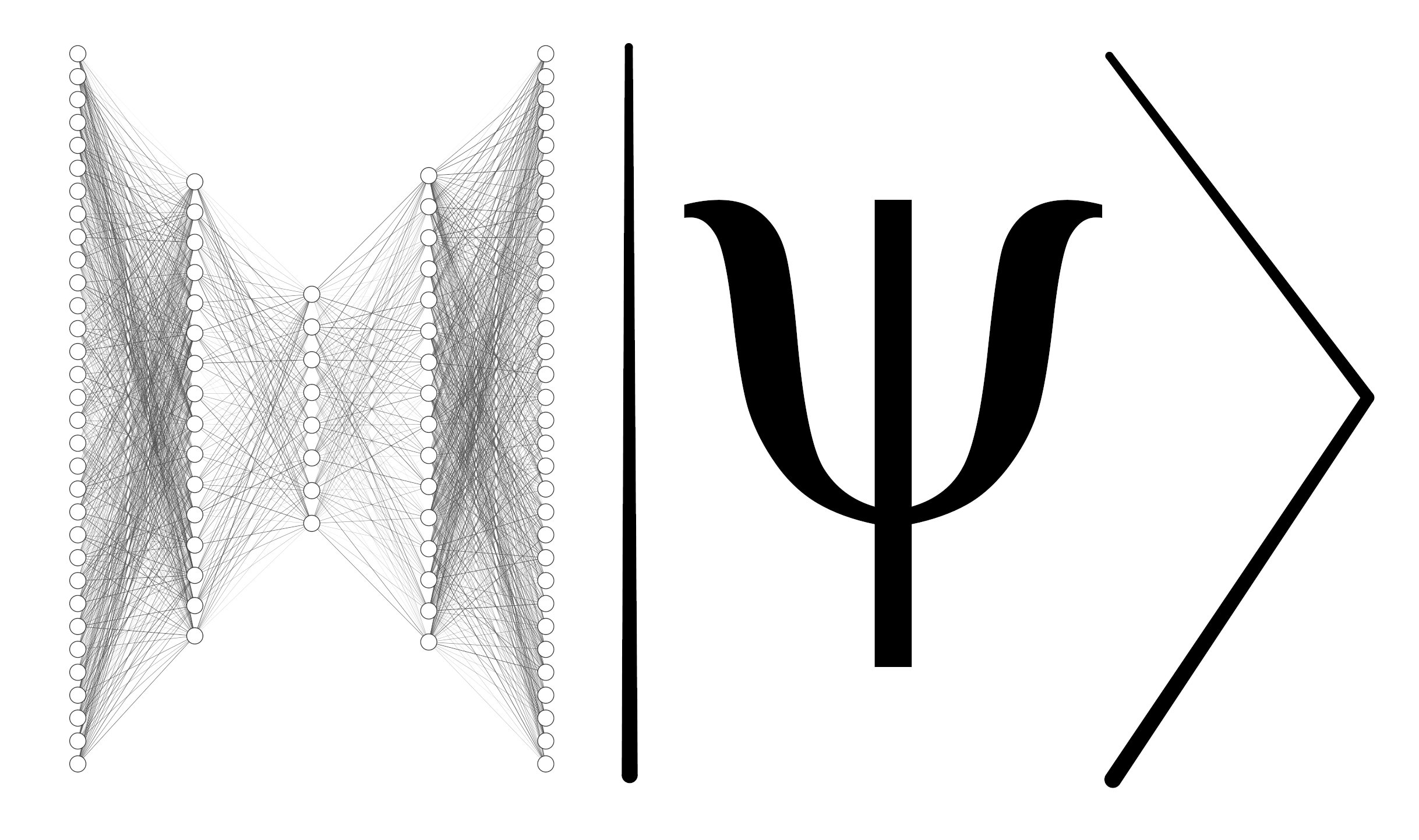 | ||
Molecular & Materials Science DepartmentA wide range of topics are studied at TRIUMF, ranging from industrial basic research for automobile technology to definitive measurements and tests of high-temperature superconductors using muons, also utilized in wide-ranging studies in the chemical sciences.
| Theory DepartmentThe Theory Group provides guidance and support to the TRIUMF experimental program and acts as a theoretical center for the broader Canadian subatomic theory community. | Scientific Computing DepartmentTRIUMF has been a center for data intense sciences since its inception. Now modern Machine Learning and Quantum Computing methods are being used to enhance TRIUMF's scientific output in a seris of pilot projects. |

